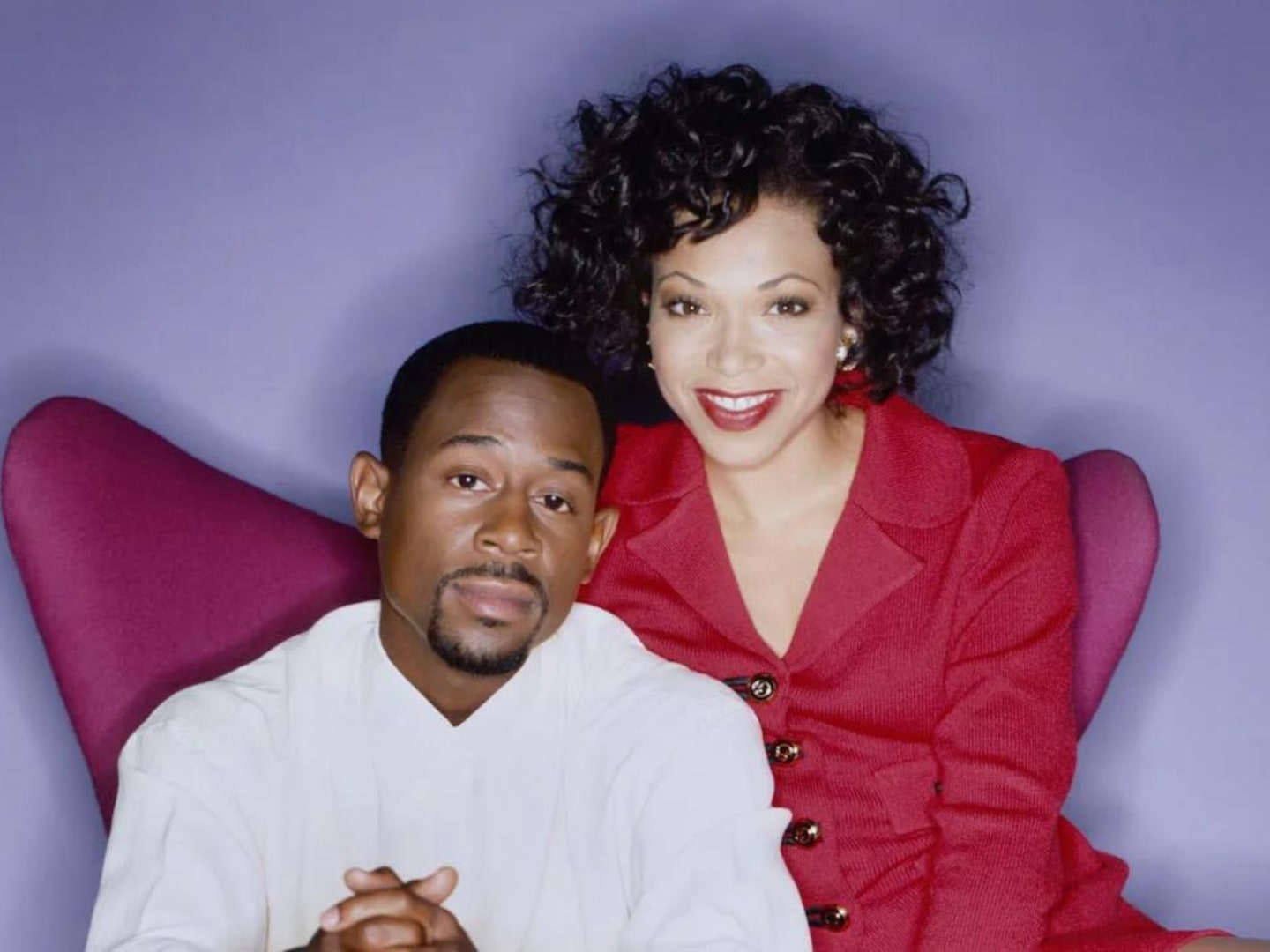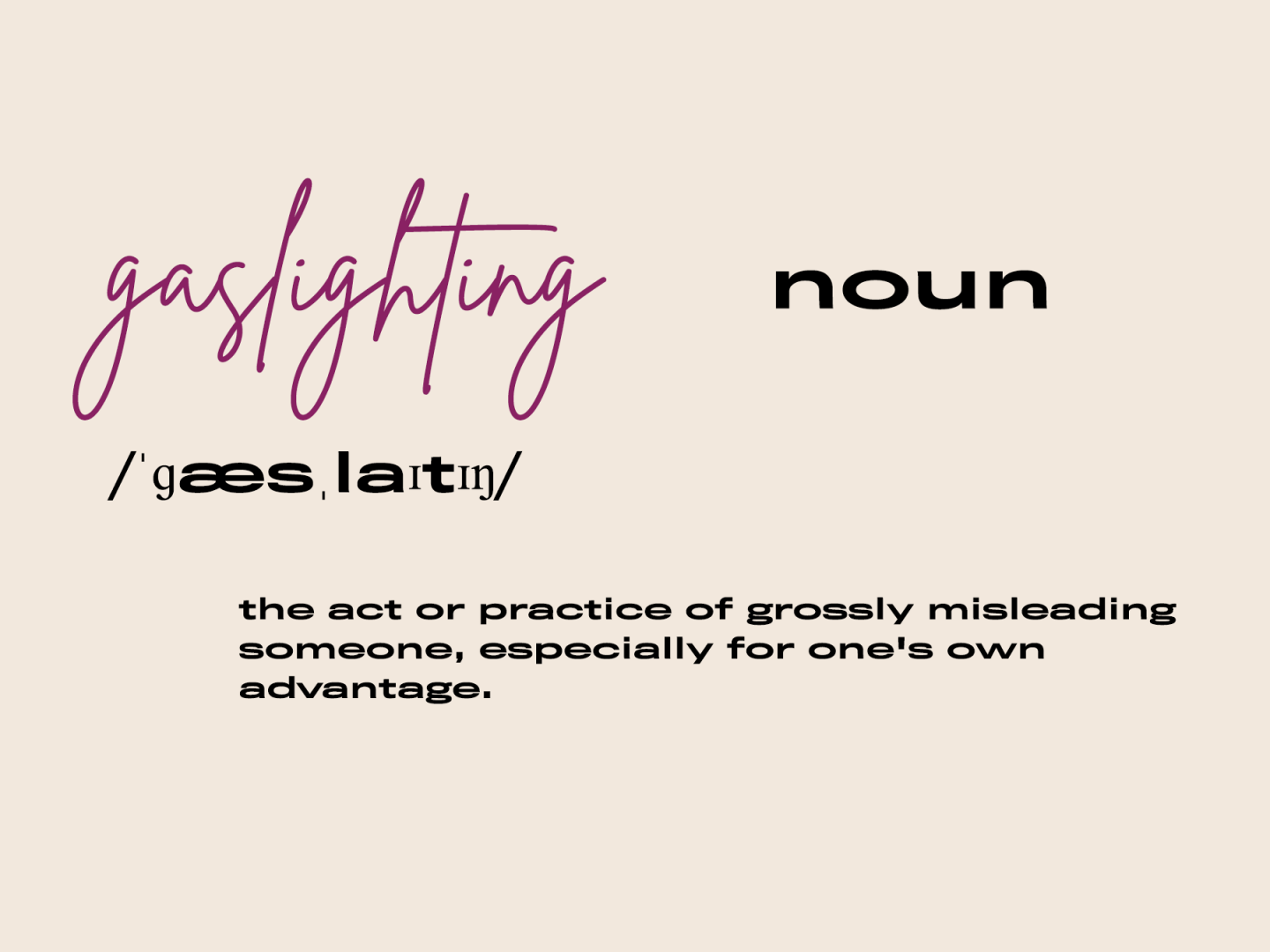Gabrielle Union: Her Infidelity Confessions and The Double Standard

Stories like Gabrielle Union’s highlight the complexities of romantic love as it intersects with money and power.
Gabrielle Union broke the internet almost two weeks ago with some interesting revelations about her first marriage while sitting in Dax Shepard’s podcast “Armchair Expert.” As they got into the topic of infidelity, Union quickly admitted to not being able to get any “wife of the year awards” and openly admitted that cheating was part of her marriage with retired football player Chris Howard, whom she divorced in 2006. Even as the days pass, the conversation around her candid interview still has people talking, many taking to social media to bash her comments. In contrast, others have chosen to defend her views and how openly and eloquently she was able to speak about her experiences. The criticism she has received, and the perceived “scandalous” nature of her confession are vivid examples of the persistent double standards of judging women’s infidelity and the skewed power dynamics of heteronormative relationships.
Union’s admission to cheating on her (also cheating) ex-husband gets more nuanced as she discusses the role of finances: “I was paying all the bills. I was working my a** off, and I felt like that’s what comes, the spoils of riches;” later adding that she felt “entitled” to cheat because of her role as a provider. This intersection of money, power, and the allowance of infidelity in a relationship is more than normalized when men are the perpetrators, but why is it still taboo to hear it from a woman? Even as our society seems to be moving in a more progressive direction, the outdated structures of femininity and masculinity are still deeply ingrained in our collective psyche and are quick to arise in situations like this.
It’s not a secret that the person we consider the “provider” in a relationship is often, if not always, the partner that holds power. From financial decisions to growing the family and even having permission to cheat are some of the unspoken benefits that the power dynamic perpetuates. Because we commonly associate this role with the male partner in a heterosexual relationship, visualizing a woman enjoying the same benefits and responsibilities is still uncommon and certainly taboo. For example, hundreds of videos of men discussing the dangers of being with a woman who makes more than they do were a typical response to Union’s declarations. Many social media users went as far as to describe how emasculating it can be to have a financially independent partner capable of economic and social mobility on their own. In the same vein, discourse about only dating younger, helpless, more “feminine” and submissive women has also made the rounds after the interview.
This kind of rhetoric feeds into the concepts of toxic masculinity and femininity and talks to the complex dating environment many professional women face today as they try to accommodate deeply rooted male insecurities. The archetype of the submissive, helpless damsel seems less common these days, especially as women move to be the most educated sector of the population; however, it remains very much the desired and talked about on social media, podcasts, and other “red-pilled” channels. Stories like Gabrielle Union’s seem to awaken those fears in men who are still basing their expectations of women on ancient precepts. It also highlights the endless ways women can show up in a relationship and the complexities of romantic love as it intersects with money and power.













Comments
Sort by
Oldest
Oldest
Newest
Popular